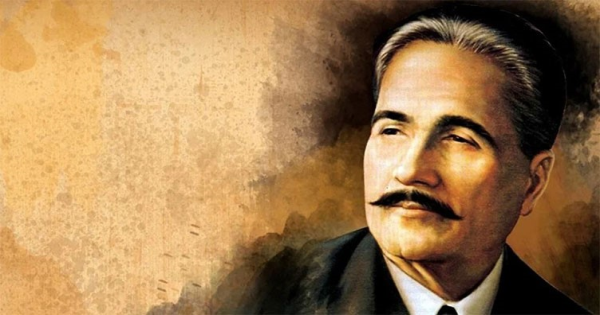In modern era where life becomes too busy and mechanical, people find no time to think about their selves and their loved ones. The actual love and care vanishes eventually. Physical and spiritual needs remained unfulfilled. And it results in despair which leads towards depression. But in spite of busyness and mechanical routine a very important factor which works as a catalyst in this action of disparity-depression is the impermanence of things.
Here the renowned comedy by Shakespeare the great comes to our mind “Much Ado About Nothing” or the fear of nothingness. We people lament on our pasts, never be contented with our presents and always worried about futures. It leads to an unending despair. We remain unable to enjoy what we have and become hopeless what is going to come to us. If some of us seem to be contented with their present fortune, they have fears that the things which they have are short lived and they are no more able to enjoy them.
Ultimately they lose the opportunities to enjoy what is with them. For instance, a beautiful woman seems to be worried that after 5/10 years she will not be that much attractive as now she is. But if we recall the line by John Keats, who himself very well aware of the short lived things
“Beauty is truth, truth is beauty”
We get an idea what beauty is. Beauty not merely the physical one that we have but it is something spiritual which is going to live forever. Basically what happened, we take the things only for their physical state and get worried that what happened when the body dies. For modern man the impermanence of things is the insoluble and irresoluble problem which leads to dissatisfaction and it results in unavoidable depression.
But if we see it in religious perspective why we forget that, if we have something we have to thank Allah Almighty, and if we lose something then again we have to be patient and thank again to Allah Almighty by saying “No doubt this belongs to Allah and no doubt it goes back to Allah”.
Sobia Fazeelut








.gif)


































